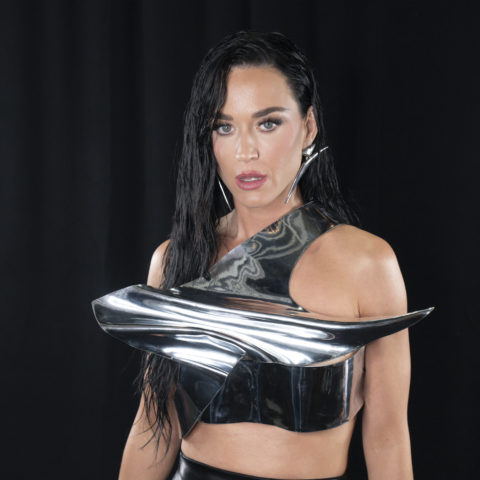#whomademyclothes: The hashtag sparking one of fashion’s most important movements

In the era of fast fashion and high competition, where foreign workers are often subjected to low wages and inhumane working conditions, events like the collapse of the Rana Plaza garment factory in Bangladesh, which killed more than 1100 workers, are not beyond the pale. The factory (which collapsed exactly two years ago today) at the time was employed by numerous international fashion companies such as Joe Fresh, Benetton and J.C. Penney.
To honour the tragic event, more than 65 countries are participating in Fashion Revolution Day, and have instigated a social movement called #WhoMadeMyClothes, which encourages people to wear their clothes inside-out and post a selfie of themselves with the hashtag, in an effort to raise awareness. The movement is already taking hold, with over 11,000 Instagram posts (and counting!) popping up so far.
Organizations such as Canada’s Fashion Takes Action have organized a public sew being held today at OCAD University, where signed squares are being sewn together in a petition for fairer wages, safer working conditions and to encourage more corporate transparency. Both the sew in and the social movement encourage fashion brands to create better working conditions for their workers.
It’s not just the non-profits that are commemorating today’s anniversary. Also premiering today is Traceable (8 p.m. ET on MTV, Bravo, M3, and E!), a documentary by Canadian designer Laura Siegel, which follows her trip to India as she meets with weavers, embroiderers and various textile workers. The film highlights the plight of these workers and how fast fashion has not only affected the environment but also their quality of life. Siegel herself has committed to creating a ‘traceable’ line, working with artisans in Southeast Asia in a way that is not only sustainable but provides support to the workers’ communities.
Eco-sustainability and safe working environments are becoming more and more important to consumers, so it’s hard to ignore. Smaller companies are taking the lead, with direct-to-consumer startups such as Everlane and The Reformation making transparency, accountability and sustainability a cornerstone of their brands. These notions are becoming major buzzwords in fashion, largely in part to movements like the ones listed above. Join the movement today and ask yourself, #WhoMadeMyClothes?







